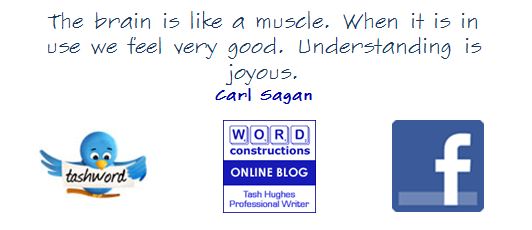I hope you find my writing and business tips and observations useful. My business and blog are dedicated to helping businesses communicate clearly and reach their potential.
Read, subscribe to my newsletter, enjoy!Tash
Understanding your audience
Coming along the highway back from my recent business trip, we saw a series of signs for motels and food places encouraging people to turn off into the town. In amongst these signs was one that didn’t show a lot of understanding about knowing who they are communicating with…
The fabulous Gundagai Pharmacy
All the other signs were aimed at travellers who could well need a break and/or some food so those services had the potential to attract people off the highway. But how many people doing along drive suddenly think “Oh yes, I must visit that pharmacy!”
Sure, the occasional driver will pass with a headache or other minor ailment and will want a pharmacy – even then, they will probably look for a pharmacy near something else that is worth stopping for.
I’m sure the pharmacy could have found a more effective (although perhaps less public) use of their marketing dollars. Or at least put something on their sign aimed at travellers.
This is a really simple example of how you need to understand the audience you are appealing to if you want a successful outcome. Sometimes exposure to a larger audience is tempting but a smaller, interested audience will generally bring in more clients.
Would you pull into a town because they claim to have a great pharmacy?


Recent Comments